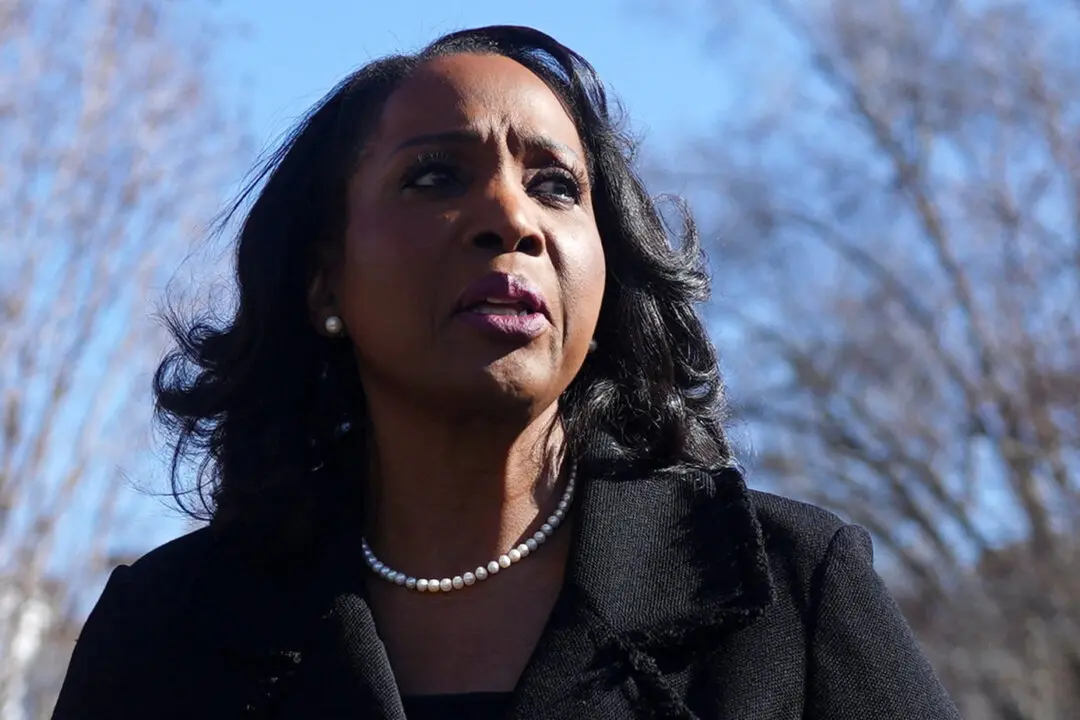A second federal judge has imposed a preliminary injunction on President Donald Trump’s spending freeze, pausing it and requiring the administration to disburse federal financial assistance to various entities.
U.S. District Judge John J. McConnell of Rhode Island wrote in his March 6 opinion, “In light of the unrebutted evidence that the states and their citizens are currently facing—and will continue to face a significant disruption in health, education, and other public services that are integral to their daily lives due to this overly broad pause in federal funding—the court finds that the public interest lies in maintaining the status quo and enjoining any categorical funding freeze.”





